Meet the COPCAS 2024 Team
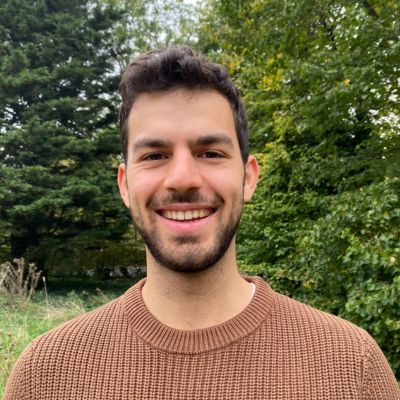
Orestis Aslanidis
I am a PhD student at the School of Biology. My project investigates the effect of outdoor recreation on bird communities in the New Forest National Park, a site of high biodiversity importance in the UK. Connecting to nature is vital for people’s mental health and for them to uptake more sustainable habits. However, it is very important that we know how much pressure this is having on the ecosystem. Through COPCAS, I hope to get a better understanding of what drives climate policy change and how scientific evidence is taken into consideration.
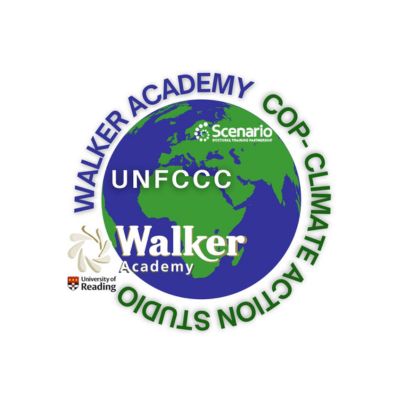
Mahilet Berihun

Ismail Beyaz
Ismail is a PhD student at the University of Surrey as part of the Scenario DTP. With a background in Aerospace Engineering, the PhD involves an experimental investigation into the effects of combining horizontal axis wind turbines and vertical wind turbines of similar scale on power production in a potentially sub-urban environment. This process may also investigate different methods of assessment relating to wind turbine power output at wind tunnel scale.
Ismail is looking forward to attending COPCAS and seeing how scientific research and findings are communicated to policymakers and what role politics plays in the development and adaptation of policy, as well as how previous COP agreements are continuously developed.
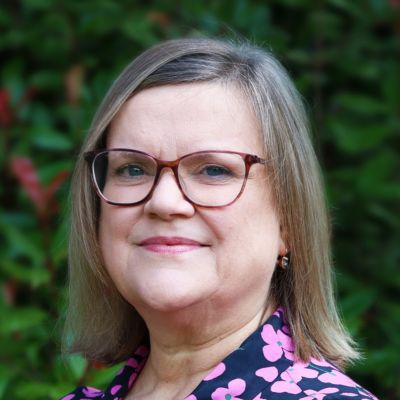
Eme Dean-Lewis
My research concerns climate variability and societal responses in pre-Columbian South America. The Amazon rainforest is a global hub for carbon storage and biodiversity. Climate change and deforestation put it at risk of reaching a ‘tipping point’ and becoming a ‘source’ of carbon. To support future mitigation and adaptation strategies across the Amazon basin, my research focuses on understanding spatiotemporal climate patterns, and societal responses, over the last two millennia. The work builds on existing palaeoclimate reanalysis, and uses agent-based modelling to explore human-environment interactions. I’m a first year PhD student, funded by the Natural Environment Research Council.
Participating in COPCAS presents a wonderful opportunity to understand better how governments use climate science when tackling the climate crisis. During COP29 in Baku, I hope to learn more about the new collective quantified goal, and how finance will be made available for mitigation and adaptation programmes in tropical South America.
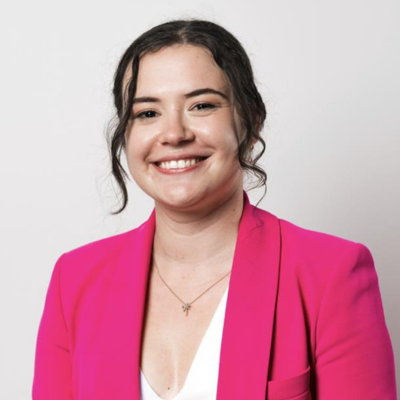
Lynn De Miranda
An interdisciplinary scientist specializing in environmental pollution, I bridge environmental science and public health to inform climate policies and conservation strategies. Using my multilingual skills, I make complex scientific information accessible and foster connections between academia and the community to inspire global conservation efforts. Originally from Aruba, I am committed to amplifying the voices of underrepresented communities.
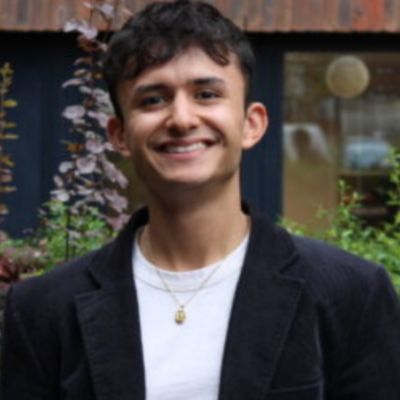
Juan Garcia Valencia
My PhD project investigates the influence of sea surface temperature patterns on monsoon variability and change. The aim is to build a physically based understanding of how monsoons respond to different SST patterns using global climate models and state-of-the-art global models with very high resolution. Tackling this research gap is important as monsoons affect the lives of over one third of the world’s population, and projections for monsoon rainfall, and its variability under different climate change scenarios, still face a lot of uncertainty. I’m excited to attend COP29 this year in person to share my research with other researchers and environmental organisations, as well as learn from and network with decision-makers from around the world.
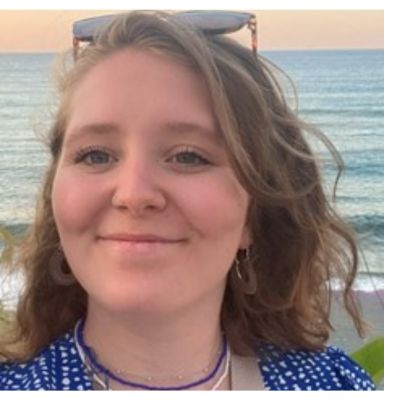
Alexandra Gimblett
I am a first year PhD student at the University of Surrey investigating and designing more eco-friendly concrete materials for artificial reefs and other marine structures. My project aims to make concrete more biocompatible with marine environments while maintaining the strength and durability typically associated with concrete. One component of traditional concrete, Portland cement, requires a large amount of carbon expenditure to be made. Cement has been found to account for approximately 8% of the world’s anthropogenic CO2 emissions. Therefore, investigating other cementitious materials for potential use within concrete is vital to lower the CO2 emissions released when producing concrete. By attending COPCAS, I hope to develop my communication skills and learn more about how different countries and organisations manage and aim to mitigate the climate crisis.

Theo Keeping
Theo is a PhD student and researcher in the Department of Geography and Environmental Science. He works on the relationships between wildfire and human systems, ecology and climate, with a focus on the effect of climate change and variability on the wildfire hazard. Despite coming from a physical sciences background (MPhys in Physics, Oxford, and MSc in Environmental Modelling, UCL) Theo’s longstanding interest is in the human impacts of climate change and the realpolitik of international climate cooperation. He will be closely following bilateral and private sector climate finance initiatives at COP29.

Danqing Luo

Yiliang Ma
I am a second year PhD student at the Department of Meteorology, University of Reading. My PhD investigates the climate feedbacks that will determine the fate of the Greenland ice sheet. I am evaluating the realism of the UK Earth System Model (UKESM) and Berkeley Ice Sheet Initiative for Climate at Extreme Scales model (BISICLES) and running them to understand the future evolution of the Greenland ice sheet. The project aims to quantify where and when it is important to include coupled feedbacks in projections of future sea-level rise.
By participating in COPCAS, I hope to learn how science is communicated to decision makers and the general public, as well as the policy making process.
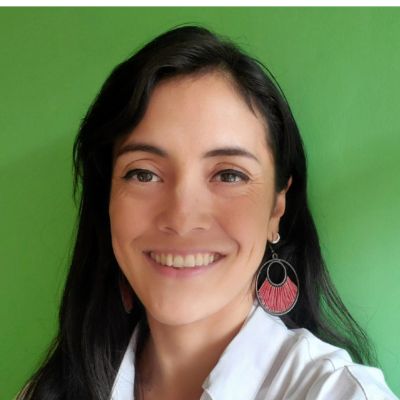
Naomi Paine
Working in several agroforestry projects has led me to undertaking a PhD at the University of Cranfield, quantifying the impacts of regenerative agriculture on soil carbon stabilisation mechanisms and soil biodiversity. There are still major knowledge gaps regarding the influence of sustainable agricultural practices on the stability and persistence of soil organic carbon, and the role that the soil microbiota plays in this process. I work closely with UK farmers to ensure that my research is informed by their practical knowledge of land management.
Incentivising farmers to undertake more sustainable farming methods is crucial in the global effort to reach net-zero. By participating in COPCAS 2024 I hope to gain a closer understanding of the policies being implemented to support farmers through this transition, and to ensure I position my research to answer the most current and pressing questions in this area.

Fatima Pillosu

Ezra Porter

Andrea Rivosecchi

George Ryan
My PhD uses a range of methods to characterise the tempo and drivers of geophyte evolution. Geophytes are typically defined as plants with underground storage organs such as bulbs, corms, rhizomes and tubers, and play key roles in the food supply, horticulture and even medicine. Through a diversification rate framework, I aim to understand how biology in conjunction with the abiotic environment shapes the evolution of biodiversity in geophytes which will help to elucidate our understanding of plant evolution.
I look forward to participating in COPCAS as it will allow me to place my research within the wider policy environment and understand how key decision makers operate in efforts to protect the environment.
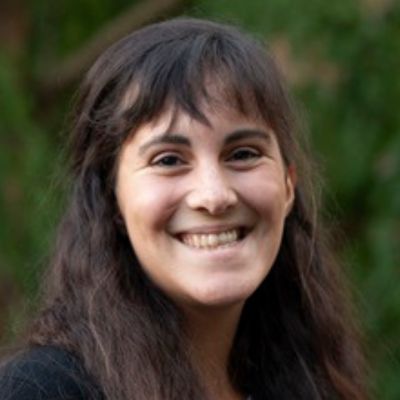
Lucia Snyderman
My PhD project will investigate the range collapse dynamics of the Dalmatian pelican (the world’s largest freshwater bird) and sturgeon species (Britain’s ‘royal’ fish) across Europe, including their regional extinctions in Great Britain, over the past several millennia. This research is at the intersection of conservation and palaeontology, and therefore I will work alongside conservationists at the Zoological Society of London (ZSL) to explore the possibility of reintroducing these species to Britain’s waterways and wetlands.
Specifically, I will perform stable isotope analysis, radiocarbon dating, climatic niche modelling, and ancient DNA analysis to determine the former ecology and landscape use of these species, when they became extirpated in various European countries and why, how climate change impacts their distributions (past, present, and future), as well as changes in population connectivity and genetic diversity through time.
By participating in COPCAS, I hope to 1) learn how my research can be most applicable to policy and helpful to stakeholders and the general public, 2) realise the link between conserving biodiversity and human wellbeing and climate change mitigation, and 3) consider how rewilding and species reintroductions may be key to not only restoring biodiversity but also rebuilding resilient ecosystems where humans and species can coexist and adapt in the face of climate change.
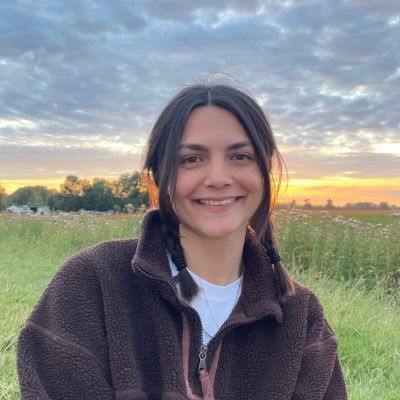
Emma Shrestha
I am a first year PhD student investigating how urbanisation impacts wildlife immune health and its consequences for human health. I am using the model system of grey squirrels in London parks to understand the rise of Lyme disease frequency in the UK. Anthropogenic climate change is driving the expansion of zoonotic vector-borne diseases by altering environmental factors, allowing new areas to become suitable for vectors of disease. Consequently, these new areas are exposed to novel pathogens, threatening wildlife, livestock, and human health. Through participating in COPCAS I hope to learn more about role scientific evidence and experts play in creating policy around mitigating the consequences of climate change.
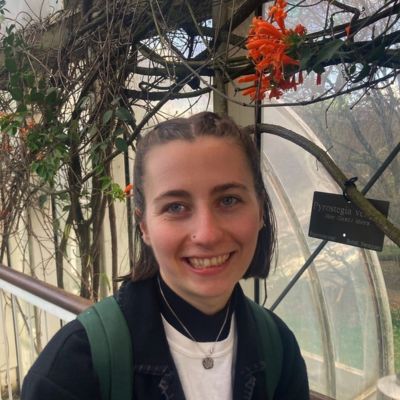
Thea Stevens
I am a third-year PhD student at the University of Reading investigating the radiative and climatic impacts of water vapour in the atmosphere. I am working to understand how water vapour is changing over time due to increased atmospheric temperatures and want to improve our understanding of climate sensitivity to these alterations. I am also concerned about the human impacts of climate change, and I have a long-standing interest in how to enable social and community change. I will be attending COP29 this year in person to closely follow the negotiations and to share my research.

